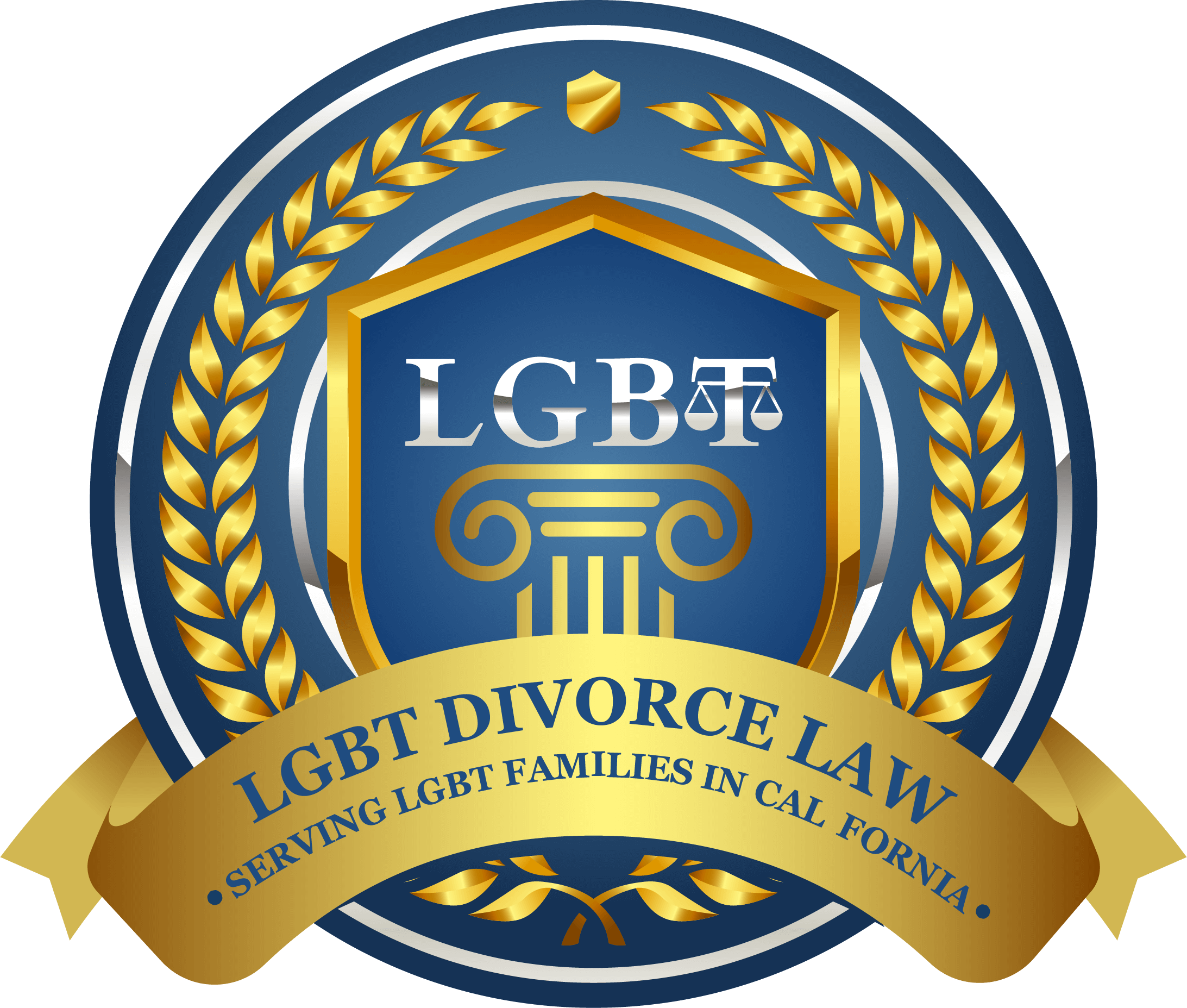Frequently Asked Questions
Surrogacy is a legal arrangement in which a woman (the surrogate) carries a pregnancy and gives birth to a child on behalf of intended parents. For LGBT individuals or couples, surrogacy provides an opportunity to have a biological child using a surrogate mother.
Yes, surrogacy is legal for LGBT individuals or couples in California. The state has laws that recognize and protect the rights of intended parents and establish procedures for surrogacy agreements.
California does not impose any specific legal restrictions on LGBT surrogacy. However, certain requirements must be met, such as obtaining legal representation, entering into a surrogacy agreement, and completing necessary medical and psychological evaluations.
Yes, same-sex male couples can pursue surrogacy in California. They can choose to use an egg donor, and a gestational surrogate would carry the pregnancy. This allows for the possibility of biological parenthood for both partners.
Yes, same-sex female couples can pursue surrogacy in California. One partner may provide the eggs, which can be fertilized with donor sperm, and the other partner can choose to carry the pregnancy or opt for a gestational surrogate.
LGBT individuals or couples can choose between traditional surrogacy or gestational surrogacy. In traditional surrogacy, the surrogate is the biological mother of the child. In gestational surrogacy, the surrogate carries the pregnancy but is not biologically related to the child.
LGBT individuals or couples can find a surrogate through surrogacy agencies, fertility clinics, or personal connections. It is important to work with reputable professionals who can guide you through the screening, matching, and legal aspects of the surrogacy process.
In California, the intended parents have legal rights and obligations established through a surrogacy agreement. The agreement outlines the intended parents’ rights to legal parentage, custody, and decision-making for the child.
Yes, LGBT intended parents can establish legal parentage through a surrogacy agreement. The agreement is typically validated by a court, which issues a pre-birth or post-birth parentage order recognizing the intended parents as the legal parents of the child.
While a home study may not be required specifically for LGBT intended parents, the surrogacy process generally involves an evaluation of the intended parents’ suitability to become parents. This evaluation may include interviews, background checks, and home visits.
The costs of surrogacy can vary depending on various factors, including agency or attorney fees, medical expenses, insurance coverage, and compensation for the surrogate. It is essential to consult with professionals to understand the specific costs involved.
Yes, LGBT individuals or couples can pursue surrogacy in California even if they reside outside the state or country. California has favorable surrogacy laws, making it a popular destination for surrogacy arrangements.
While the legal framework in California supports LGBT surrogacy, it is important to work with professionals who are knowledgeable about the unique needs and challenges faced by LGBT individuals or couples. This can help ensure a smooth and supportive surrogacy journey.
Yes, there are various support networks and resources available for LGBT individuals or couples pursuing surrogacy in California. These can include LGBT family-building organizations, online forums, and support groups that provide guidance and connection with others who have undergone similar experiences.
While not mandatory, it is highly recommended to work with a reputable surrogacy agency or attorney specializing in LGBT surrogacy. These professionals can offer guidance, handle the legal aspects, facilitate the matching process, and provide support throughout the surrogacy journey.
Remember, the FAQs above provide general information and should not be considered legal advice. Surrogacy laws and requirements may vary, and it is recommended to consult with an experienced surrogacy attorney or agency in California for personalized guidance and support.










